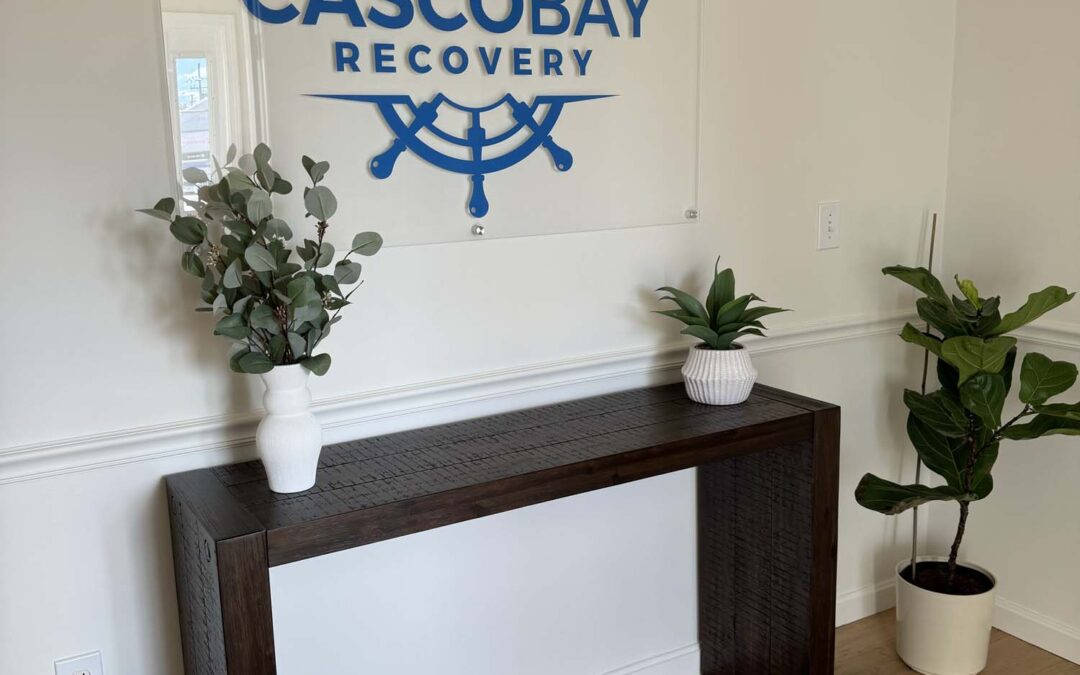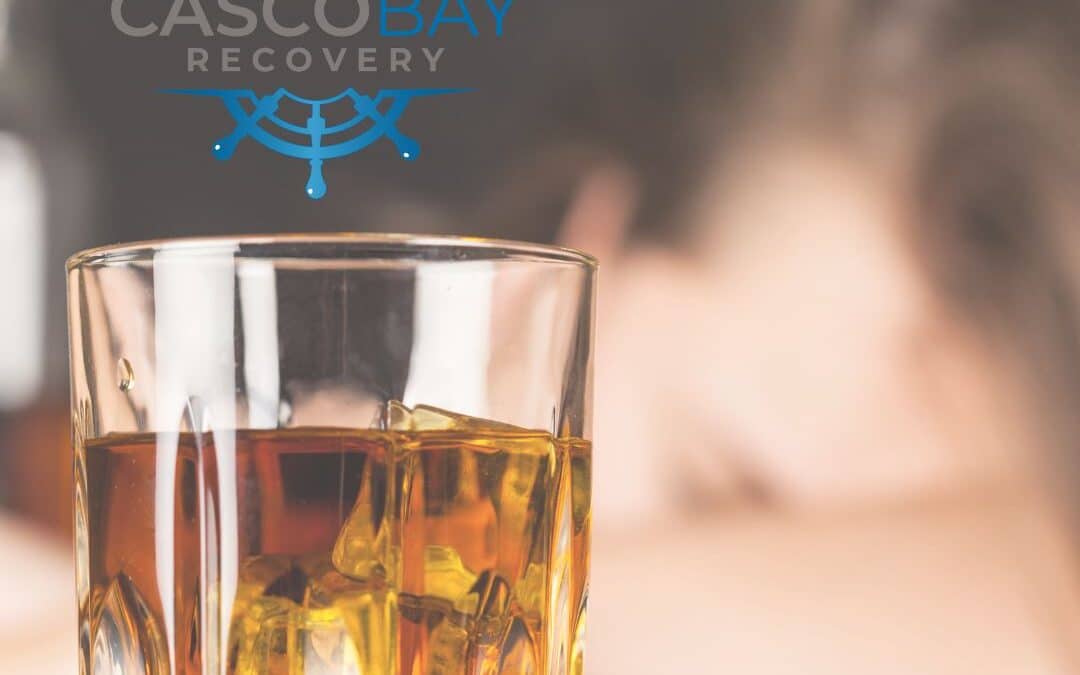The Impact of Addiction on Family Dynamics

Addiction creates deep fractures in family relationships, transforming once-stable households into environments filled with uncertainty and pain. Trust erodes as promises are broken, lies become frequent, and unpredictable behaviors emerge. Family members often find themselves walking on eggshells, unsure of what each day might bring.
How Addiction Affects Communication
Communication breaks down in predictable patterns. Honest conversations become rare, replaced by accusations, denial, or complete silence. You might notice family members avoiding certain topics or retreating into isolation to cope with the mounting tension.
Emotional Responses of Loved Ones
Loved ones typically experience a range of intense emotional responses:
- Shock and Disbelief: “This can’t be happening to our family”
- Fear: Constant worry about the safety and future of the addicted person
- Hopelessness: Feeling powerless to help or change the situation
- Anger: Frustration at repeated disappointments and broken trust
- Guilt: Self-blame for not preventing or stopping the addiction
Roles Family Members May Take On
During active addiction, family members often adopt specific roles to cope:
- The Savior/Hero: Takes on excessive responsibilities to compensate
- The Mascot: Uses humor to deflect from serious issues
- The Lost Child: Withdraws completely to avoid conflict
- The Scapegoat: Bears the blame for family problems
- The Enabler: Protects the addicted person from consequences
These roles, while serving as survival mechanisms, ultimately perpetuate unhealthy family dynamics such as co-dependency and can complicate the path to recovery.
Family Roles and Their Influence in Early Recovery
Breaking free from dysfunctional family roles marks a critical turning point in recovery. You’ll notice family members naturally shifting away from harmful patterns – the constant rescuer learns to step back, while the scapegoat discovers their voice and worth.
Healthy support roles emerge when family members:
- Set clear, consistent boundaries
- Practice active accountability without judgment
- Offer encouragement during challenging moments
- Recognize and celebrate recovery milestones
- Share responsibility for family healing
Replacing enabling behaviors with positive support creates lasting change. Instead of covering up consequences, family members can:
- Allow natural consequences to unfold
- Express care through healthy actions
- Support recovery goals without taking control
- Practice detachment with love
- Model healthy coping skills
The transition to supportive caregiving roles strengthens recovery foundations. When family members understand their new roles, they become powerful allies in maintaining sobriety through authentic connection and mutual growth. This shift often involves navigating complex emotional landscapes, which can be aided by participating in virtual family support groups that provide valuable resources for setting boundaries, understanding the stages of change, and practicing self-care while rebuilding trust within the family unit.
Characteristics of Positive vs. Stressful Family Dynamics in Early Recovery
Healthy family dynamics create a nurturing environment essential for successful recovery. These positive dynamics include:
- Open Communication: Family members express thoughts and feelings directly, avoiding hidden agendas or passive-aggressive behavior
- Mutual Respect: Each person’s boundaries and recovery journey receives acknowledgment and support
- Effective Conflict Resolution: Disagreements are addressed promptly through active listening and compromise
- Emotional Safety: Members feel secure sharing vulnerabilities without fear of judgment
Stressful family dynamics can threaten recovery progress through:
- Mixed Messages: Inconsistent or unclear communication leading to misunderstandings
- Conflict Avoidance: Sweeping issues under the rug, creating tension and resentment
- Disrespectful Behavior: Criticism, blame, or dismissive attitudes toward recovery efforts
- Substance Use Pressure: Direct or indirect encouragement to use drugs or alcohol
These contrasting dynamics significantly impact recovery outcomes. Positive family environments boost confidence and motivation, while stressful dynamics increase relapse risks. Your recovery success often reflects the quality of family support received during this critical phase.
Setting Realistic Expectations and Boundaries for Recovery Success

Setting clear boundaries is essential for protecting your sobriety and emotional well-being during early recovery. These boundaries serve as protective barriers that help you:
- Maintain focus on your recovery goals
- Prevent enabling behaviors from loved ones
- Create space for personal growth
- Reduce exposure to triggering situations
Managing emotional ties with family members requires a delicate balance. You can stay connected while establishing healthy limits by:
- Communicating your needs directly
- Setting specific visiting hours or contact schedules
- Identifying and expressing your non-negotiable boundaries
- Respectfully declining invitations to triggering events
However, boundary-setting isn’t about pushing people away, it’s about creating a safe environment for your recovery journey. For instance, if you’re struggling with setting boundaries with emotionally immature family members, it might be beneficial to seek professional guidance.
Aligning recovery expectations between you and your family helps prevent misunderstandings and setbacks. Consider creating a shared understanding about:
- Recovery timeline and milestones
- Appropriate ways to show support
- Consequences for boundary violations
- Realistic goals for rebuilding trust
For students and families in recovery, these strategies can be particularly helpful. Your family’s expectations might need gentle adjustment as they learn to support your sobriety effectively.
Effective Communication Strategies for Families in Recovery
Clear communication creates a foundation for healing in recovery. You can strengthen family bonds through specific communication techniques that promote understanding and reduce conflict.
Key strategies for productive conversations:
- Use “I” statements to express feelings without blame
- Practice reflective listening by repeating back what you heard
- Choose calm times for important discussions
- Take breaks when emotions run high
- Focus on present situations rather than past mistakes
Active listening transforms family dynamics in recovery. Make eye contact, put away distractions, and give your full attention when family members speak. Ask clarifying questions to show you’re engaged and want to understand their perspective.
Creating a blame-free environment helps everyone feel safe to share openly. Replace criticism with curiosity about behaviors and feelings. Instead of “You always mess up,” try “I’m concerned about what happened – can you help me understand?”
These communication tools build trust gradually. Each positive interaction strengthens your family’s ability to support recovery and heal together.
Supporting Recovery Through Family Involvement and Therapy
Family therapy serves as a powerful catalyst for healing damaged relationships in addiction recovery. Professional therapists create a safe space where family members can address past hurts, rebuild trust, and develop healthier communication patterns. These structured sessions help families understand addiction’s impact while learning practical tools for supporting their loved one’s recovery journey.
Support groups like Al-Anon provide essential resources for families affected by addiction. These groups offer:
- A community of people who understand your experiences
- Coping strategies for managing stress and anxiety
- Education about addiction and recovery
- Tools for setting healthy boundaries
- Emotional support during challenging times
Active family involvement creates a strong foundation for sustained sobriety. When families participate in therapy and support groups, they:
- Learn to identify and change enabling behaviors
- Develop skills to support recovery without sacrificing their well-being
- Build stronger, more authentic relationships
- Create a united front against addiction
- Establish new family traditions that don’t revolve around substances
The combination of professional therapy and support group participation helps families develop the skills, knowledge, and resilience needed to support their loved one’s recovery while maintaining their own emotional health. It’s important to note that these therapeutic approaches are not one-size-fits-all; different families may require different types of therapy or resources. Furthermore, the role of family therapy in addiction recovery is extensively documented in various studies, such as those found in this NCBI resource, which provides valuable insights into the effectiveness of such interventions.
Coping Strategies for Managing Family-Related Stress During Early Recovery
Early recovery brings unique challenges when navigating family relationships. These practical strategies can help you maintain emotional balance:
Mindfulness Practices
- Deep breathing exercises before family gatherings
- 5-minute meditation breaks during stressful interactions
- Grounding techniques to stay present in difficult conversations
Essential Self-Care Activities
- Prepare nutritious meals to support physical and mental health
- Set boundaries with social media use to avoid triggers
- Create a daily routine that includes regular exercise
- Schedule quiet time for personal reflection
Preparing for Family Discussions
- Practice responses to challenging questions
- Write down key points you want to communicate
- Choose a neutral location for important conversations
- Take breaks when emotions run high
Remember to be gentle with yourself as you develop these coping skills. Your emotional well-being is crucial for maintaining sobriety, and it’s perfectly acceptable to step back when family situations become overwhelming. These strategies become more natural with practice, strengthening your ability to handle family-related stress while protecting your recovery journey.
Encouraging Reflection and Personal Growth Amidst Family Challenges
Personal growth during recovery doesn’t depend on family validation. You can track your progress through journaling – a powerful tool that helps you:
- Document daily victories and challenges
- Identify emotional triggers and patterns
- Express thoughts you might not feel ready to share
- Celebrate small wins independently
Creative expression provides another outlet for processing complex emotions. Try:
- Drawing or painting your feelings
- Writing poetry about your recovery journey
- Creating music that reflects your experiences
- Crafting vision boards for future goals
Your recovery milestones matter, regardless of external recognition. Keep a personal achievement log to track:
- Days of sobriety
- Positive behavioral changes
- New coping skills learned
- Improved relationships
- Personal insights gained
Remember: Your growth is valid, even when others don’t acknowledge it. These self-reflection practices build internal strength and resilience, creating a solid foundation for your ongoing recovery journey.
Seek Support at Casco Bay Recovery
Navigating family dynamics in early recovery requires professional guidance and support. At Casco Bay Recovery, we understand the complexities of family relationships during the recovery journey. Our experienced team provides specialized treatment programs that address both individual needs and family dynamics.
Our comprehensive family support includes:
- Family therapy sessions to rebuild trust and communication
- Educational workshops for family members
- Guidance on establishing healthy boundaries
- Tools for effective conflict resolution
- Support groups for both individuals in recovery and their loved ones
We create personalized treatment plans that recognize the unique challenges each family faces. Our approach combines evidence-based therapies with compassionate care to help you and your family members develop stronger, healthier relationships.
Your family’s healing journey starts here. Our dedicated professionals are ready to help you navigate the complexities of early recovery and create positive family dynamics that support long-term sobriety. We not only focus on recovery but also emphasize finding joy in sobriety, helping you reclaim your life and find happiness.
Take the first step toward healing your family relationships. We’re here to support you every step of the way. For immediate assistance, feel free to reach out to our team.








